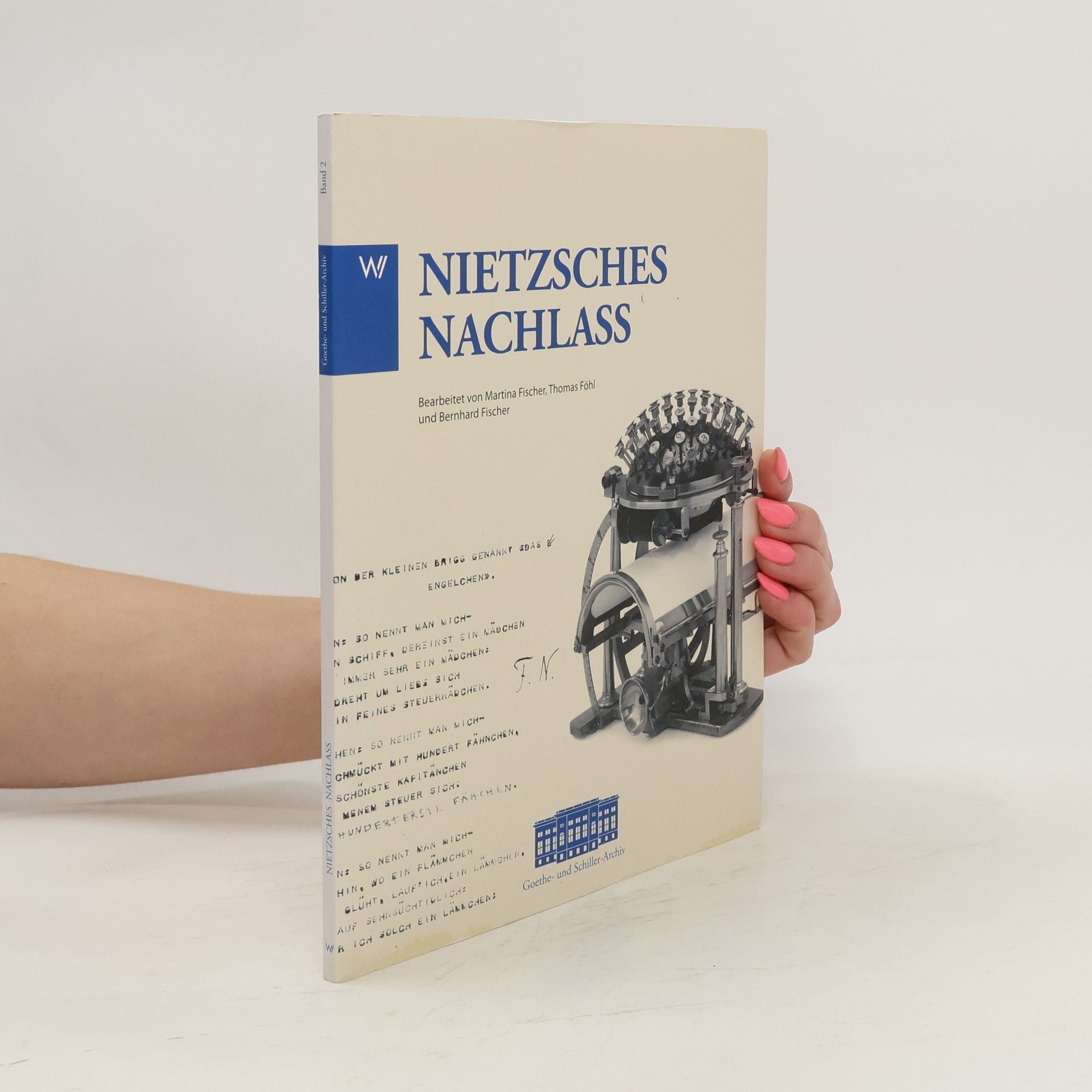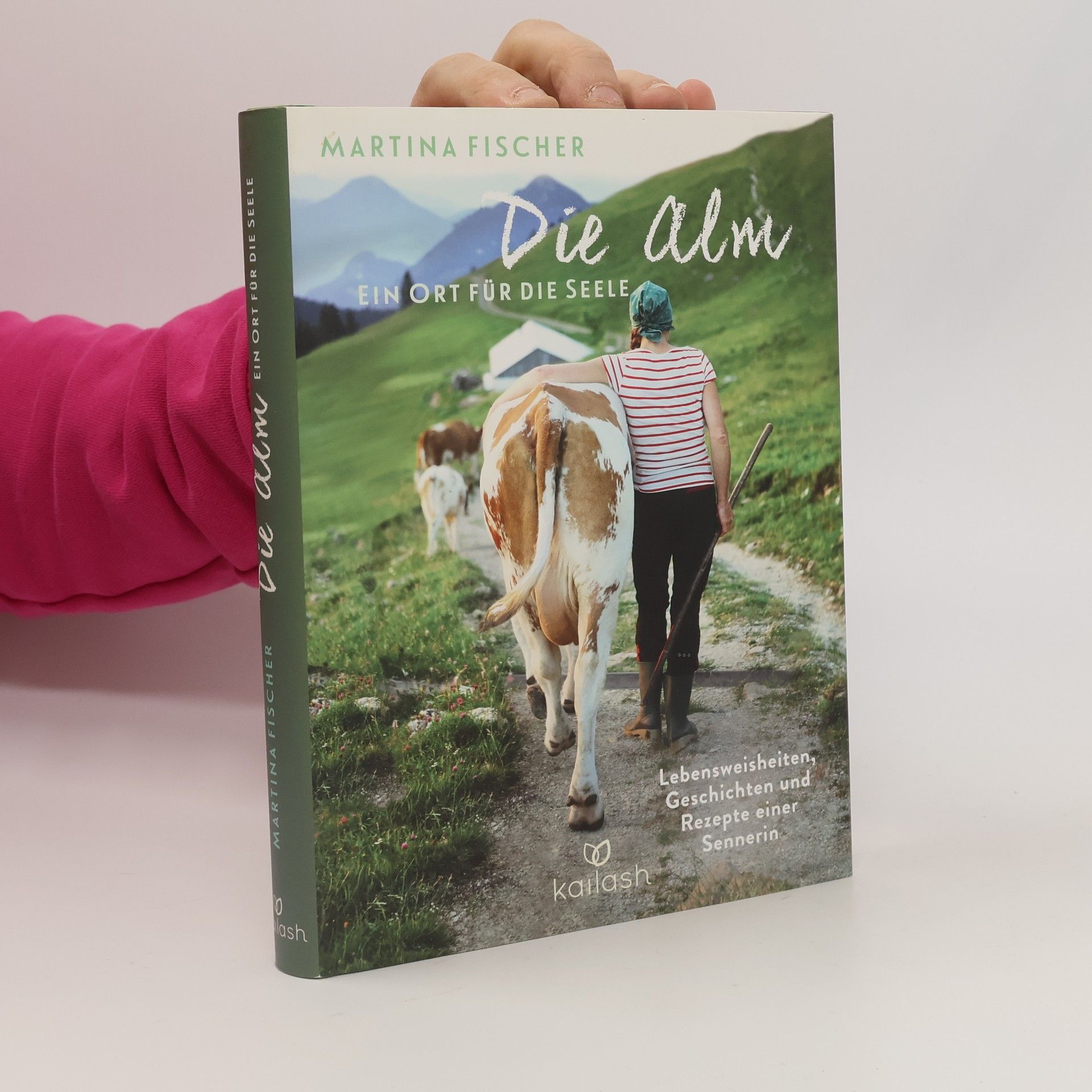Auf der Alm und im Tal
Glücklich leben als Selbstversorger
Martina Fischer lebt mit ihrem Mann in einem alten Bauernhaus im Chiemgau und versorgt sich aus Überzeugung das ganze Jahr über so weit wie möglich selbst. Während die beliebte Autorin den Sommer über die Alm bewirtschaftet, Kühe mit der Hand melkt und zwei ungestüme Bergziegen im Zaum hält, geht ihr Mann auf die Jagd, verwurstet Wildfleisch oder bringt die Ernte im heimischen Garten ein. Birkensaft zapfen, wilde Beeren und Kräuter sammeln, buttern und käsen, Nüsse und Holunder verarbeiten - dieses Buch enthält viele Geschichten, Rezepte und praktische Anleitungen, die Lust machen, sich mit den Gaben der Natur selbst zu versorgen. Ausstattung: durchgehend vierfarbig




